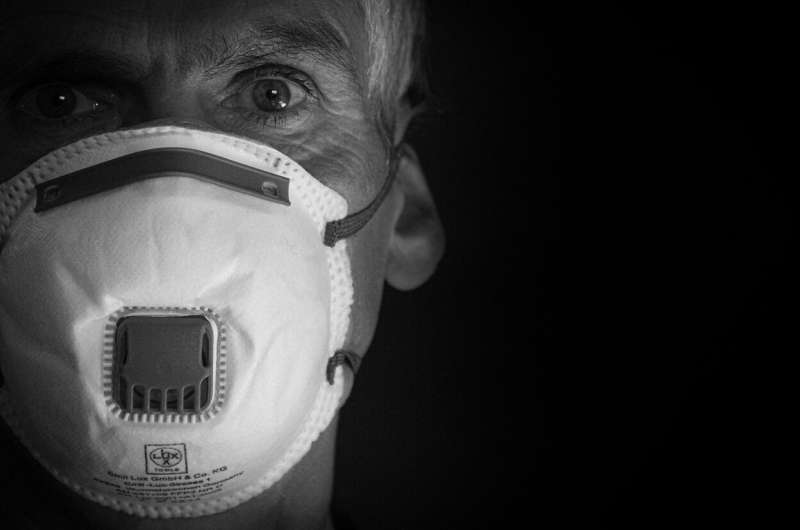
The psychological well-being of both men and women declined when Denmark closed down during the first wave of the coronavirus pandemic in the spring of 2020—with women being hit the hardest. But during the second wave, it is the other way round in terms of gender: The psychological well-being of men and women is generally low, but it has fallen most in men.
This is shown in a survey conducted by Søren Dinesen Østergaard, among others. He is professor at the Department of Clinical Medicine and affiliated with the Department of Affective Disorders at Aarhus University Hospital—Psychiatry in Denmark.
The survey is the latest of three assessments of Danes’ psychological well-being during the pandemic. The first survey was carried out during the spring shutdown, the second at the end of April after the level of infection had fallen, and the third and recently published survey during the period from 20 November to 8 December last year. The results of the three surveys have been published in the journal Acta Neuropsychiatrica.
“We see that men’s psychological well-being is lower in the November-December measurement than it was during the spring lockdown, while the trend has gone in the opposite direction for women,” says Søren Dinesen Østergaard.
The 5-item WHO well-being index (WHO-5) is used as a screening tool by, e.g., general practitioners, to assess whether a patient should be further examined for depression. The responses to the five questions in the WHO-5 result in a total score between 0 and 100—with a higher score indicating higher psychological well-being. If the score is below 50, the probability of depression is substantial.
Søren Dinesen Østergaard explains that the average WHO-5 score in the November-December survey had decreased by just under 4 points for men and 2.5 points for women since the (second) assessment at the end of April. Compared to the first assessment at the end of March/beginning of April, during the peak of the first wave, the psychological well-being has risen slightly, with just under 1.5 points, for women, while it has fallen correspondingly for men. However, there are still more women with scores below 50 on the WHO in the November-December assessment—27 per cent of women compared to 23 per cent of men.
“Of course, we cannot know for sure that the course of the corona pandemic is the cause of the variations we see in the psychological well-being. But the results fit this explanation. The onset of winter may, however, also play a role,” he adds. He points out that it is established that the number of Danes who are diagnosed with depression increases significantly after the transition to winter time. He emphasizes that as it is primarily women who experience seasonal variations in mood, this explanation does not fit well with the fact that the decline in psychological well-being during the second wave of the corona pandemic is greatest among men.
Source: Read Full Article
